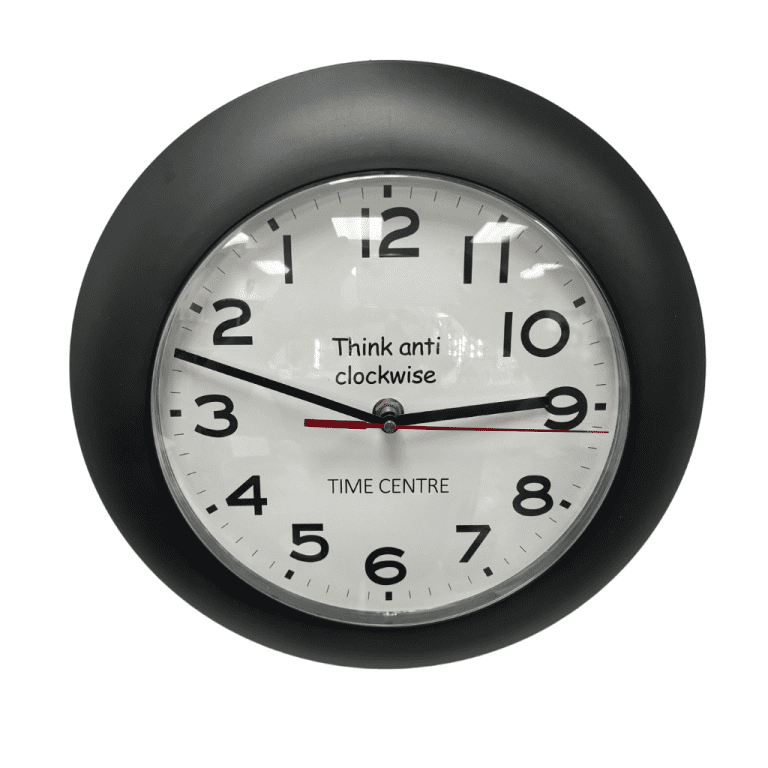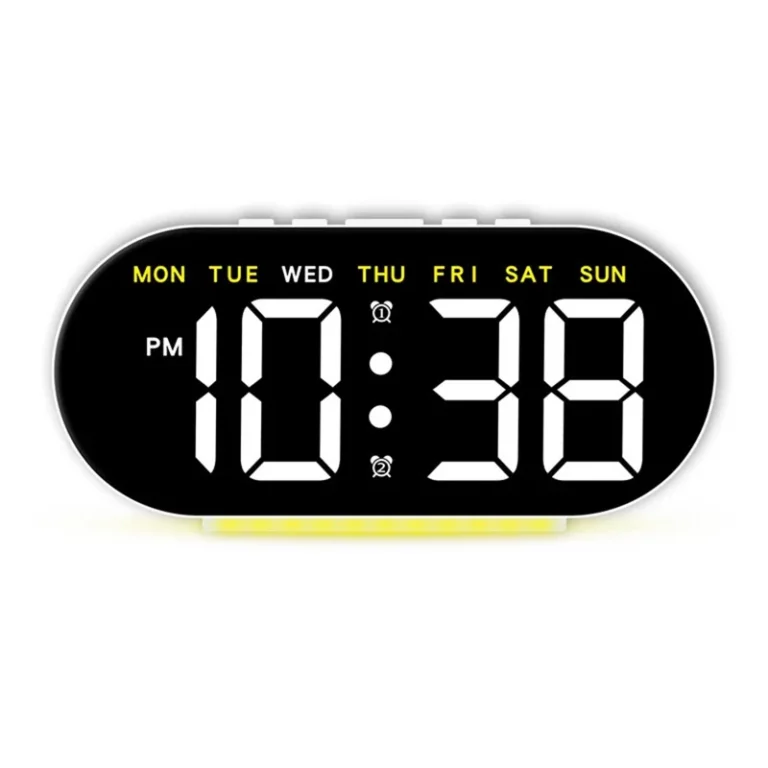Knowing when your clock’s battery needs changing is important to keep it running accurately and reliably. Most battery-operated clocks give clear signs when the battery is starting to run low. Recognizing these signs early can help prevent your clock from stopping unexpectedly.
1.
Timekeeping Becomes Inaccurate
One of the first signs is that the clock starts losing or gaining time. If you notice the hands falling behind or jumping ahead, the battery is likely running out of power. This is especially common in wall or table clocks that have been running for over a year without a battery change.
2.
Clock Hands Move Erratically or Stop
Another clear sign is when the clock hands move unevenly, hesitate, or suddenly stop. In digital clocks, the display might fade, become dim, or go blank altogether. These signs usually mean the battery is no longer supplying enough energy for the clock to function properly.
3.
Chimes or Sounds Become Weak
For clocks that chime or play sounds, weak or distorted chimes can indicate that the battery is losing power. This is a common early warning in musical or cuckoo clocks.
4.
The Clock Stops Completely
If your clock has stopped entirely and you’ve ruled out mechanical issues, it’s most likely time for a battery change. Always try replacing the battery before assuming the clock is broken.
Battery Replacement Tip:
Most clocks use AA or AAA batteries, and a fresh battery should last between 12 to 18 months, depending on the clock’s features. It’s helpful to mark the date of battery replacement on a sticker inside the clock for future reference.
In short, slow or irregular timekeeping, faded displays, weak chimes, or a complete stop are your best indicators that your clock’s battery needs replacing.














